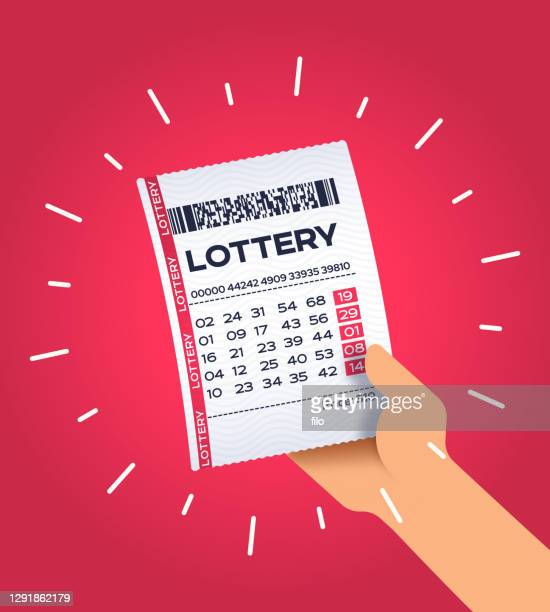Tag: togel hkg online
- 0

A lottery is a type of gambling that involves buying tickets for a game that has a chance to pay out large sums of money. Lotteries are often run by state governments and are popular with many people.
There are many different types of lottery games, and they all have their own rules. Some have fixed payouts, while others have variable payouts based on how many tickets are sold.
The name lottery comes from a Middle Dutch word, lotinge, meaning “action of drawing lots” or “drawing a line.” This is a translation of the Old English word lot, which means “to divide.”
Lottery games are often used to raise money for schools, wars, colleges and other projects. They have been used for centuries and are now commonplace in most countries.
Some critics say that lottery games promote addictive gambling behavior and are a major regressive tax on low-income families. In addition, they are criticized for increasing the number of people drawn into gambling, and for making it harder to prevent problem gambling.
Another criticism of lotteries is that they are often run at cross-purposes with the larger public interest. For example, lottery advertising may persuade some people to gamble by presenting them with misleading information about the odds of winning, inflating the prize amounts (lotto jackpot prizes are typically paid in equal annual installments over 20 years), or by encouraging illegal gambling.
Similarly, togel online officials have been accused of neglecting the general public welfare by not taking into account the cost to government of running the games and of being distracted from other pressing matters, such as protecting the elderly or providing education.
Critics also argue that state lotteries are poorly designed to raise revenue and fail to meet the basic legal requirements for fairness. These problems are particularly serious when the state’s fiscal health is at stake.
For example, a state that is facing a deficit will be more likely to adopt a lottery than one with a surplus. In such cases, the lottery will attract new players from outside the state and will generate more revenues than it would from other sources of revenue, such as income taxes.
Some states have established lottery commissions to monitor the activities of lottery operators, and these agencies have a variety of powers. They can, for example, demand that the lotteries return a certain percentage of their proceeds to the state. They can also sue the lotteries when they are unable to pay out a prize.
Other states have imposed more stringent laws, including limits on how much money can be spent on advertising or on the numbers of winners in each drawing. These regulations are designed to discourage the promotion of gambling and to prevent abuses such as cheating and ticket theft, but they have not always been successful.
Some states are now experimenting with alternative methods of raising money from the lottery. For example, in Massachusetts, a lottery has been created to provide a source of funds for education. Other states have introduced a lottery for other purposes, such as to support local sports teams or to increase tourism in the area.